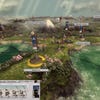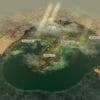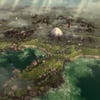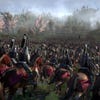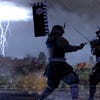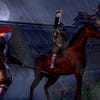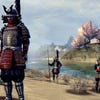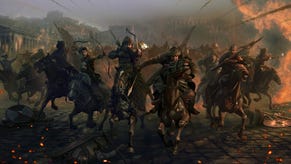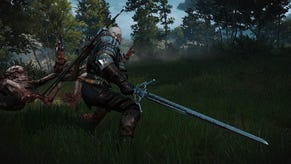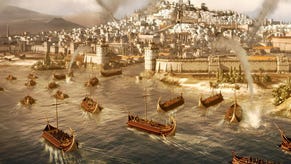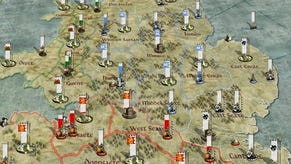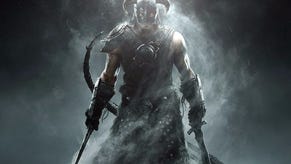Eurogamer Expo Sessions: Mike Simpson presents Shogun II
"It's like going back to an old friend."
In 2000, Creative Assembly sent tremors through the strategy genre with Shogun: Total War. A Civilization-style game with Red Alert-style live battles? Impossible! But it wasn't. What it turned out to be was the start of a consistently brilliant march through history, controlling the armies of the Romans, the medieval kings and queens, and even Napoleon and the Duke of Wellington.
Total War has had some beefy additions along the way - naval warfare and campaign multiplayer being the most significant. Nevertheless, a decade on and the series has come full-circle to Shogun II: Total War, a re-imagining of the game-that-started-it-all for today's considerable technology.
This Sunday, 3rd October, Mike Simpson - the godfather of Total War - will take to the Eurogamer Expo 2010 stage to present Shogun II: Total War alongside Shogun: Total War and show you what has changed. But before he can do so, Eurogamer him down for a chat about what he'll be presenting and why Shogun II: Total War will be the best in the series yet.
I'm not a violent person, no - quite the opposite. Except in games, of course, where all bets are off [giggles maniacally]. The whole studio spent years playing first-person shooters, starting with Counter-Strike every lunchtime. So I guess we have a long history of blowing bits off each other.
Oh yeah.
An imaginary one! It's not a real world. It's playing around with history, playing around with things that happened. I don't think I'd like to command an army in the real world because I know what it's like.
One rule? I dunno. The genius of Sun Tzu is that he's a lot like a programmer in that he came up with long, long lists of rules which actually had numbers in them. So he'd say things like, "If you outnumber your enemy five to one, envelop him; if you outnumber him three to one, engage him." It's almost like programming. And there are lots and lots and lots of individual rules.
That would be true if all things were perfect, but computer AI struggles to be as inventive and clever as he was. A human has always got a chance. It's only in finite games like chess where computer AI will generally beat your average human.
That's an interesting question.
No, no, it'll be longer than that. Doing real AI that actually thinks like a human is vastly more difficult. In the last almost 20 years that I've been working on games, it hasn't really progressed very much. We still really do the same kind of AI that we did back in the eighties. They're obviously a lot more sophisticated and use more processing power, but it's not really proper AI. Dumbness-avoidance is probably a better way of looking at it rather than artificial intelligence; we do a lot of dumbness avoidance.
We're going to run through Shogun II. It's 10 years since we did Shogun 1, so we'll be doing a bit of a retrospective comparison on the way things have changed and the way things haven't changed. A lot of things are remarkably similar to the way they were 10 years ago.
We thought a lot of things would move on more than they have. We still find ourselves having arguments over the same bits of code that we were arguing about in Shogun 1. We're still struggling to come up with a better AI behaviour for a particular encounter. For example, things like 'kiting' the AI, that's always a tricky one, where players drag enemies out of formation and then deal with them one at a time.
Most games have that problem one way or the other but it's particularly important in ours, because if you can pull units out one by one against a superior force, well, you're going to win. But on the other hand you can't just sit there and ignore enemy units: there are times when you need to come out and chase off archers or whatever. There's a really fine balance there. That bit of code is something we have long discussions about, every project.
No, no samurai! That would be a health and safety problem I suspect.
[Laughs]


